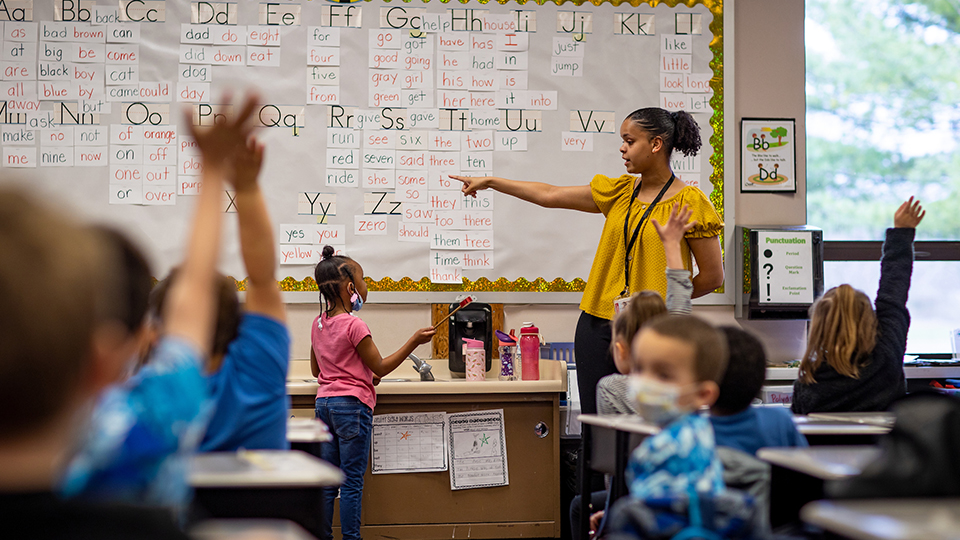Ball State to develop education program for gifted students with disabilities
Subscriber Benefit
As a subscriber you can listen to articles at work, in the car, or while you work out. Subscribe Now
Ball State University’s Teachers College has been awarded a five-year, $2.6 million grant from the U.S. Department of Education to develop and implement an approach to identify and support gifted students with disabilities.
The federal initiative funds projects that support evidence-based research, demonstration projects, and innovative strategies that enhance elementary and secondary schools’ capacity to identify gifted and talented students.
BSU says this program is earmarked for students who are both gifted and have a disability and have unique educational needs.
“Appropriate identification of both giftedness and disabilities is imperative to ensure students receive appropriate support services in school. However, traditional identification systems have not resulted in equitable identification or service provision for gifted students with disabilities,” said Dr. Lisa Rubenstein, professor of Educational Psychology at Ball State and project director for the grant.
Rubenstein says the project will focus on third-grade students because students’ end-of-third grade reading skills are highly predictive of future educational outcomes.
Ball State is partnering with educational teams from the University of Florida and the University of San Diego on “Project Brilliance.”
The group will partner with several large school districts that serve significant proportions of students from traditionally under-identified, underserved, and/or marginalized backgrounds.
“We know that gifted students come from all walks of life,” said Dr. Anand Marri, Ball State Teachers College dean. “Through the use of assessment suites, after-school programming, in-school reading interventions, and professional learning opportunities, I am confident that this project will be a game-changer in helping schools across the country ensure all gifted students receive appropriate support services.”
